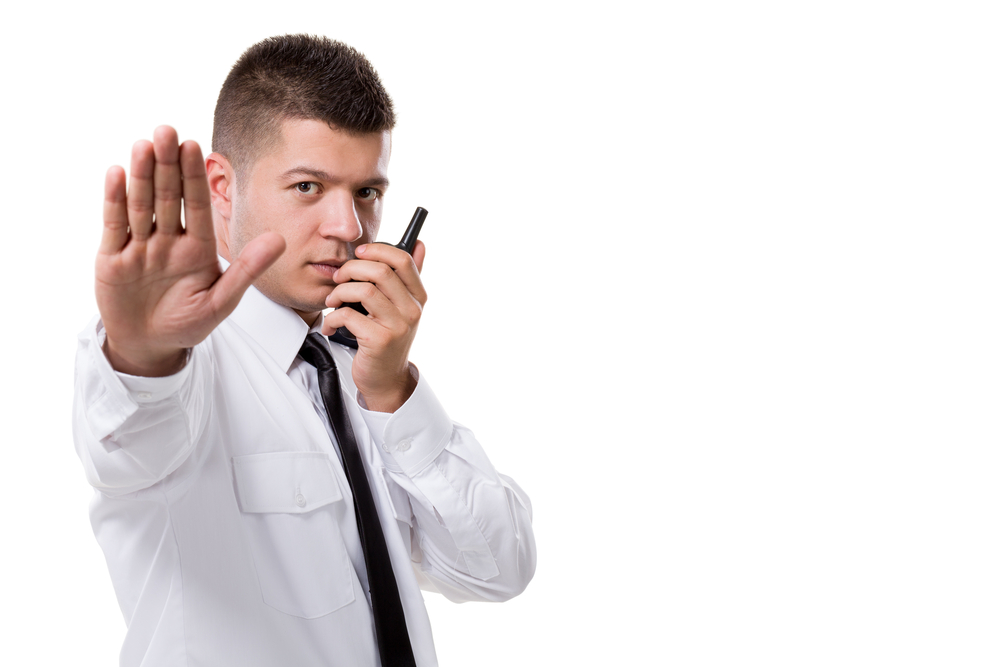The job of private patrol guards is to merely observe, report through security guard reports, and call the police if a crime occurs in their presence. The last thing they should do while encountering a non-compliant or violent subject is to apply an objectively reasonable level of force to stabilize the situation. Though even when the law varies from state-to-state, the only time it can be justified anywhere is while making a citizen’s arrest.
Which is why not only the private patrol guards need to understand why they must know every de-escalation technique but also what they are, and why they are important. So, let’s briefly take a look at our list of de-escalation techniques every guard on private patrol must know.
1. Listen Actively
Listening isn’t something that just happens. It’s an active process in which the listener consciously decides to listen and understand the message of the speaker. Truth be told, all angry individuals want is to be heard. Private patrol guards should allow them to vent and reach a state of balance as long as they don’t pose a security threat to anyone. This makes de-escalation much easier.
But as easy as it may seem, it’s not. Active listening is a skill that private patrol guards can either acquire and develop with years of practice or through training. How do you plan to enhance this skill of yours?
2. Empathize Sincerely
Empathy is the ability to emotionally share and understand what another person is experiencing. It’s putting yourself in someone’s position and feeling what they must be feeling. And that is one of the most effective ways a private patrol guard can de-escalate a dangerous situation.
Since all irate individuals want is to be heard, hearing them out, recognizing, and empathizing will validate their emotions. It will help them understand how their passion is legitimate but not their behavior. Thus, allowing them to reassess their actions and stop in their way to create a better environment.
3. Apologize Earnestly
Apologizing is an underrated skill that can bring real healing, peace, and stress relief in the face of conflict. Apologizing is also the ultimate way to acknowledge, show respect and empathy for the wronged individuals. It helps re-establish their dignity and make them feel better.
Which is why being a private patrol guard, you should learn to apologize for legitimate grievances and express sincere concern. Even if there’s no reason to do so, you should apologize for roused individual’s irritability. This can be helpful in potentially decreasing hostility or the negative effects of conflicts that often follow.
4. Ask Thoroughly
Effective communication is the key to successful de-escalation. And why should it not be? Angry customers often have difficulty articulating their concerns. Which is why private patrol guards should smartly be able to seek clarification from them to mention in the security guard reports. Even better, Guardso mobile patrol app can also be used to record the whole conversation to attach it to the incident report.
Ask short, general, direct, and open-ended questions. Paraphrase their statements in your words to further help them think clearly. When communication is interrupted, reconnect by summarizing. Communicating is the only way private patrol guards can get a clear understanding of the situation. As for your managers, through detailed reports sent by you using the mobile patrol app.
Conclusion
Don’t under-estimate what these de-escalation techniques are capable of. By understanding and effectively implementing them, you as private patrol guards can have a better chance of taking dangerous situations under control to ensure everyone’s safety. You just need to be willing to learn and use them in real-life


